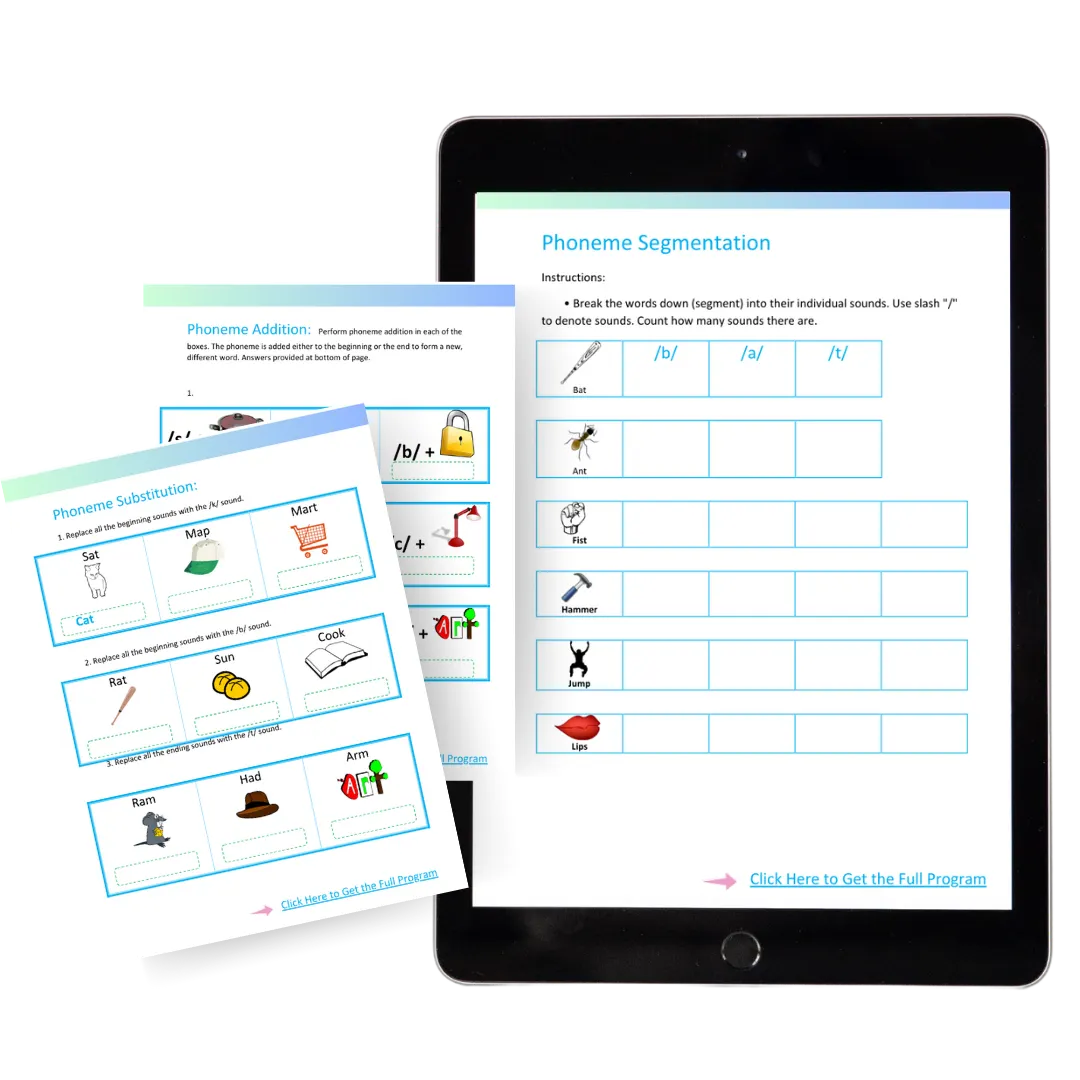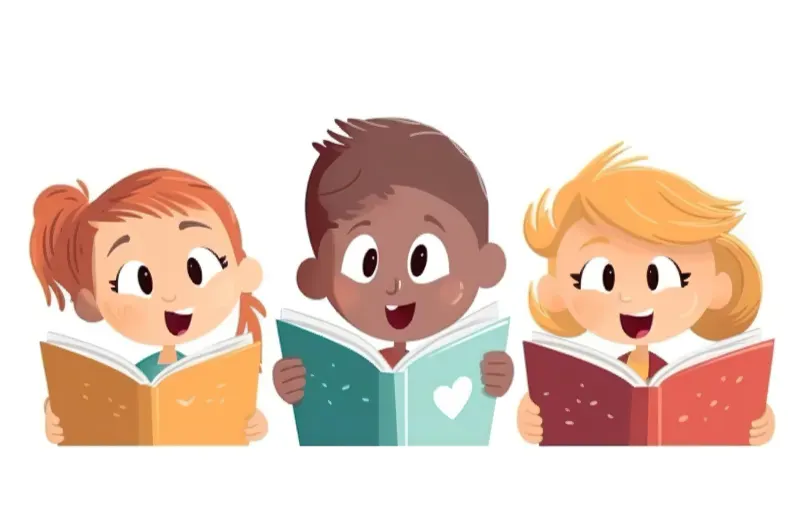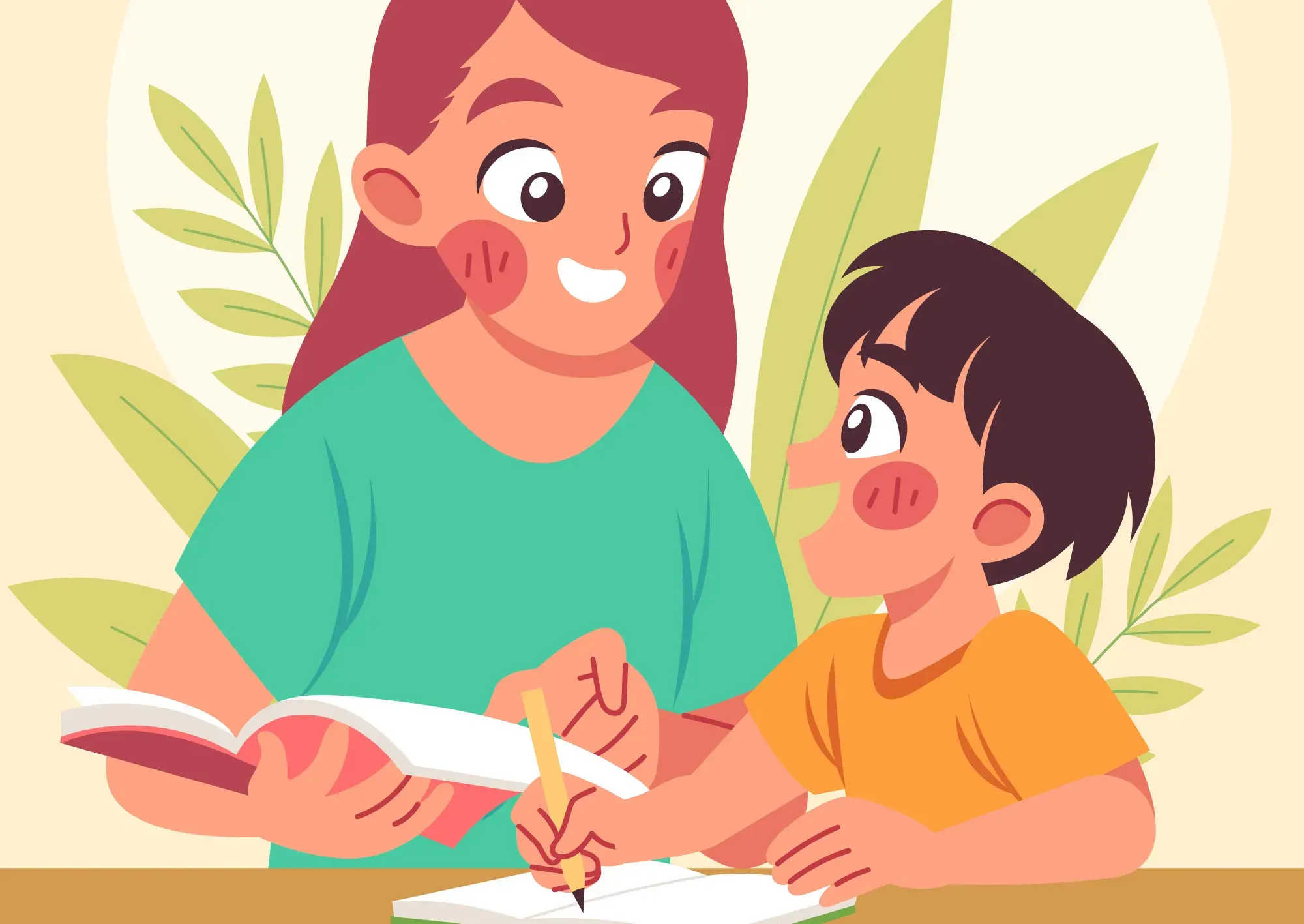Home / Trending / Family / Kids
How to Teach Kids to Read: A Complete Guide
"In this article, we'll explore effective strategies and tips to help you teach kids to read successfully"

Felipe Martinez - Loving Latch Association, Jul 28 2023 · 5 minute read
But, allow me introduce myself first...
...Hi, my name is Felipe Martinez co-founder of Loving Latch Association.
We're a Non-Profit that help parents with the knowledge, skills, and support they need to navigate the challenges and joys of breastfeeding and parenting successfully.
To help you support your child in the reading learning journey, we've put together a Free Quiz called:
Or, If You Want to Start Right Away, Tell Me Where to Send Your Unique Phonics Worksheets


Introduction
Reading is a superpower that opens doors to endless worlds, fuels imagination, and lays the foundation for a successful academic journey.
As a parent, you hold the key to helping your child unlock this magical skill. However, the path to teaching kids to read isn't always straightforward.
Are you ready to navigate this enchanting journey with us? Let's dive in!
Cracking the Reading Code:
Parenting is full of magical moments, and witnessing your child read independently is undoubtedly one of them.
But let's be real—teaching kids to read isn't a fairytale.
Many parents face roadblocks along the way. From grappling with where to start to handling reading resistance, the journey can be puzzling.
The Ripple Effect
Did you know that a child's reading ability can impact their entire educational journey?
Poor reading skills can lead to comprehension struggles, affecting performance across subjects.
This not only dampens academic progress but can also dent a child's confidence and enthusiasm to learn.
Imagine the frustration of not being able to enjoy stories like their peers or feeling left out during reading activities.
Envision a future where your child's potential is unlocked. They dive into books with eagerness, confidently participate in class discussions, and approach new challenges with self-assuredness.
But how do you bridge the gap between reading struggles and reading success?
Unveiling the Path
Enter our illuminating quiz: "How Ready is Your Child for Learning to Read?" This quiz isn't just a set of questions; it's a key that opens the door to understanding your child's unique learning readiness.
"What's My Child Readiness to Read Score?"
This quiz isn't just a set of questions; it's a key that opens the door to understanding your child's unique learning readiness.
But here's the twist—our quiz is only the beginning. As you uncover your child's reading readiness, you'll be hungry for more.
You'll want to explore the pathways that cater to their specific needs, dive into strategies that resonate, and discover resources designed to make the reading journey a joyful one.

The Best Strategies to Teach Kids to Read
Teaching kids to read is a process that requires patience, creativity, and a nurturing environment.
Let's explore effective strategies and tips to help you teach kids to read successfully.
1.- Start Early and Foster a Reading-Friendly Environment
The journey to reading success begins at an early age. Even before children can read independently, exposing them to books, stories, and language enriches their vocabulary and comprehension skills.
Create a reading-friendly environment by having a variety of age-appropriate books accessible at home.
Reading aloud to your child stimulates their imagination, introduces them to new words, and helps them understand the rhythm and flow of language.
2.- Phonics: Building Blocks of Reading
Phonics is a foundational skill in learning to read. It involves connecting letters with their corresponding sounds, helping children decode words and understand their pronunciation.
Teaching phonics through interactive games, flashcards, and activities can make learning enjoyable.
Gradually introduce the basic phonetic elements and progress to more complex phonetic patterns as your child becomes comfortable.
3.- Sight Words and Vocabulary Development
Sight words, also known as high-frequency words, are words that children encounter frequently in texts.
These words often do not follow regular phonetic rules and need to be memorized by sight.
Create flashcards or word walls to display sight words, and incorporate them into engaging activities to reinforce their recognition.
👉 Quick Hint.- We're giving away Our Package of Phonics & Phonemic Awareness Worksheets ($27 USD Value) along with your quiz results as a Bonus to our Quiz Takers.
--> Click Here to Take the Quiz and Get Your FREE Bonuses:
"What's My Child Readiness to Read Score?" Take the Quiz & Find Out Now!
4.- Reading Aloud and Shared Reading
Reading aloud to children is a powerful tool for enhancing their reading skills.
Choose age-appropriate books that capture their interests and read together regularly. As they become more confident, engage in shared reading, where you take turns reading paragraphs or pages.
This approach allows kids to practice reading aloud while receiving guidance and support.
5.- Encourage Independent Reading
Gradually, encourage children to read independently.
Provide them with books that match their reading level and interests. Allow them to choose their own books, as this promotes a sense of ownership and motivation. Be patient with mistakes, and celebrate their achievements, no matter how small. Remember, building confidence is essential.
6.- Make Reading Fun with Activities
Learning to read doesn't have to be limited to traditional methods. Incorporate interactive and creative activities to make the process enjoyable.
Consider:
✅ Interactive Apps and Websites: There are numerous educational apps and websites designed to help children learn to read through games, interactive stories, and quizzes.
✅ Storytelling and Writing: Encourage your child to create their own stories or write about their day. This not only develops reading skills but also strengthens their writing abilities.
✅ Word Hunts: Turn everyday activities like grocery shopping into a word hunt. Ask your child to find specific words on product labels or signs.
✅ Book-related Crafts: Create crafts inspired by the books you read together. This adds a tactile element to the reading experience.
✅ Be Patient and Supportive
Every child progresses at their own pace, so patience is key. Avoid pressuring your child or comparing their progress to others. Instead, offer consistent support, praise their efforts, and celebrate their achievements. Reading should be an enjoyable adventure, not a stressful task.

Conclusion
Every child progresses at their own pace, so patience is key. Avoid pressuring your child or comparing their progress to others. Instead, offer consistent support, praise their efforts, and celebrate their achievements.
Reading should be an enjoyable adventure, not a stressful task.
... Oh! Before I Forget:
Did You Know That One significant benefit for kids who learn to read at an early age is the development of strong cognitive skills.
Early literacy skills are closely linked to cognitive development and provide a solid foundation for various aspects of a child's intellectual growth.
Here are some specific cognitive benefits:
Enhanced Language Skills:
Improved Memory and Concentration
Stronger Critical Thinking
Better Academic Performance
Enhanced Imagination and Creativity
Increased Empathy and Social Awareness
Better Communication Skills
Don't wait any Longer and Give Your Kid the Gift or Reading! ... Take The Quiz Now!

Every Child Deserves a Loving Home
Follow Us On
© 2024 Loving Latch Association, All Rights Reserved.
Disclaimer: Not intended to be a substitute for professional or medical advice, diagnosis, or treatment. Always seek the advice of your trusted medical doctor or psychologist with any questions you may have regarding any medical condition. If you think you're having a medical emergency, call or visit your local emergency hospital immediately. We do not provide medical or legal advice. We try our best to get you the most accurate and useful information about the topics related to Breastfeeding and Parenting. We do our best to collect volunteers and financial aid to help parents and children in need.